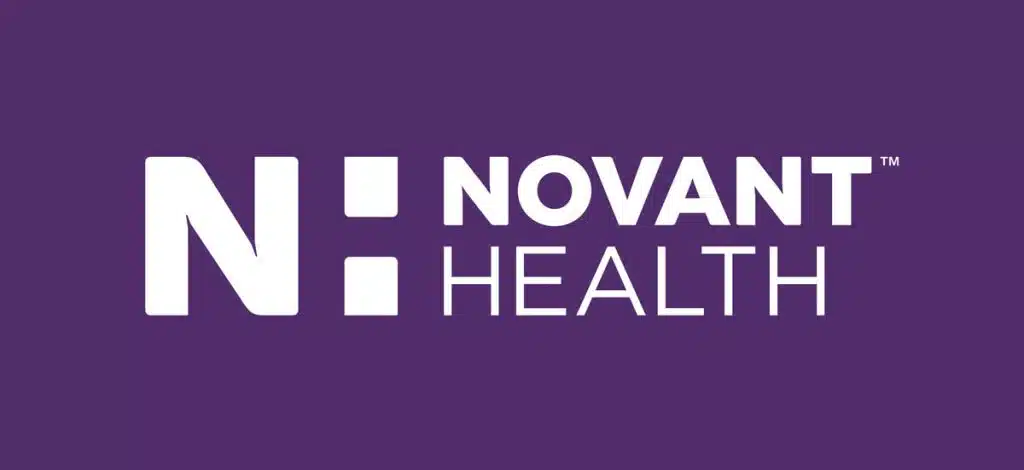Introduction
In the rapidly evolving landscape of healthcare, Health Information Technology Jobs the integration of technology has become indispensable, giving rise to a surge in demand for professionals in Health Information Technology (HIT) jobs. As the healthcare industry continues to embrace digital transformation, the need for skilled individuals who can navigate the intersection of healthcare and technology is more significant than ever.
Understanding Health Information Technology
Health Information Technology involves the use of information systems to manage and exchange health information electronically. This includes electronic health records (EHRs), health information exchange (HIE), and other technologies aimed at improving the quality, safety, and efficiency of healthcare delivery.
Growing Demand for HIT Professionals
The demand for professionals in Health Information Technology is on the rise, driven by factors such as the implementation of electronic health records, the need for data security and privacy, and the increasing use of technology to enhance patient care. Job opportunities in this field span various roles and levels, providing a diverse range of career paths.
Key Health Information Technology Jobs
a. Health Informatics Analyst
Responsibilities include analyzing and interpreting healthcare data to improve patient outcomes.
Skills needed: Data analysis, statistical modeling, and a strong understanding of healthcare systems.
b. Clinical Systems Manager
Involves overseeing the implementation and maintenance of clinical information systems.
Skills needed: Project management, system integration, and clinical workflow optimization.
c. Health Information Manage
Responsible for managing and protecting patient health information.
Skills needed: Knowledge of health regulations, data governance, and information security.
d. Telehealth Specialist
Involves leveraging technology to provide remote healthcare services.
Skills needed: Telecommunication technology, virtual care platforms, and patient engagement.
Qualifications and Certifications
To excel in Health Information Technology jobs, a combination of education and certifications is often required. Common qualifications include a degree in health informatics, information technology, or a related field. Certifications from reputable organizations, such as the Certified Health Informatics Systems Professional (CHISP) or Certified Professional in Health Informatics (CPHI), can enhance job prospects.
Trends and Innovations in Health Information Technology
Staying abreast of industry trends is crucial in HIT careers. Artificial intelligence, machine learning, and blockchain technology are increasingly being integrated into healthcare systems, creating new opportunities for professionals with expertise in these areas.
Challenges and Opportunities
While Health Information Technology jobs offer lucrative career paths, professionals in this field must navigate challenges such as ensuring data accuracy, maintaining patient privacy, and addressing interoperability issues. Overcoming these challenges presents opportunities for continuous learning and professional growth.
Conclusion
In conclusion, the field of Health Information Technology presents a promising landscape for individuals seeking dynamic and impactful careers at the intersection of healthcare and technology. The demand for skilled HIT professionals is likely to continue growing, making it an ideal time to explore and pursue opportunities in this exciting and evolving field.









